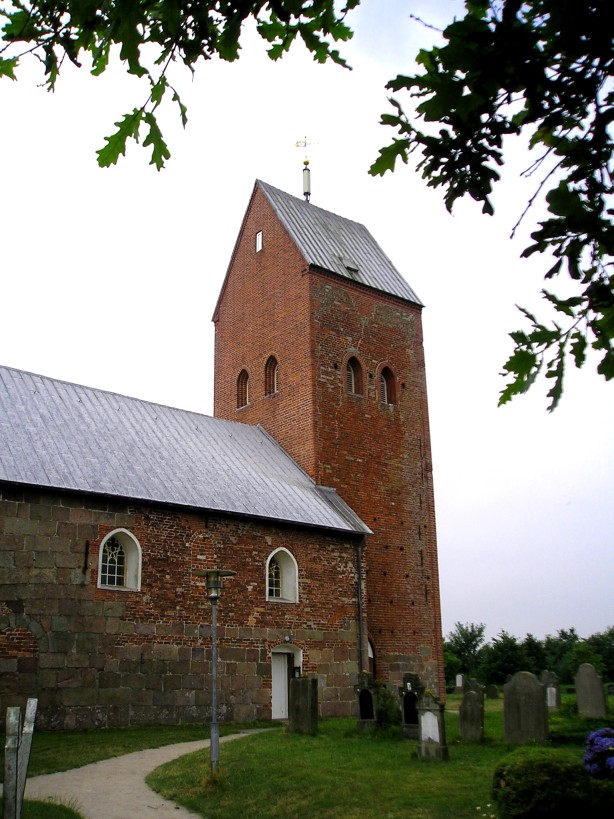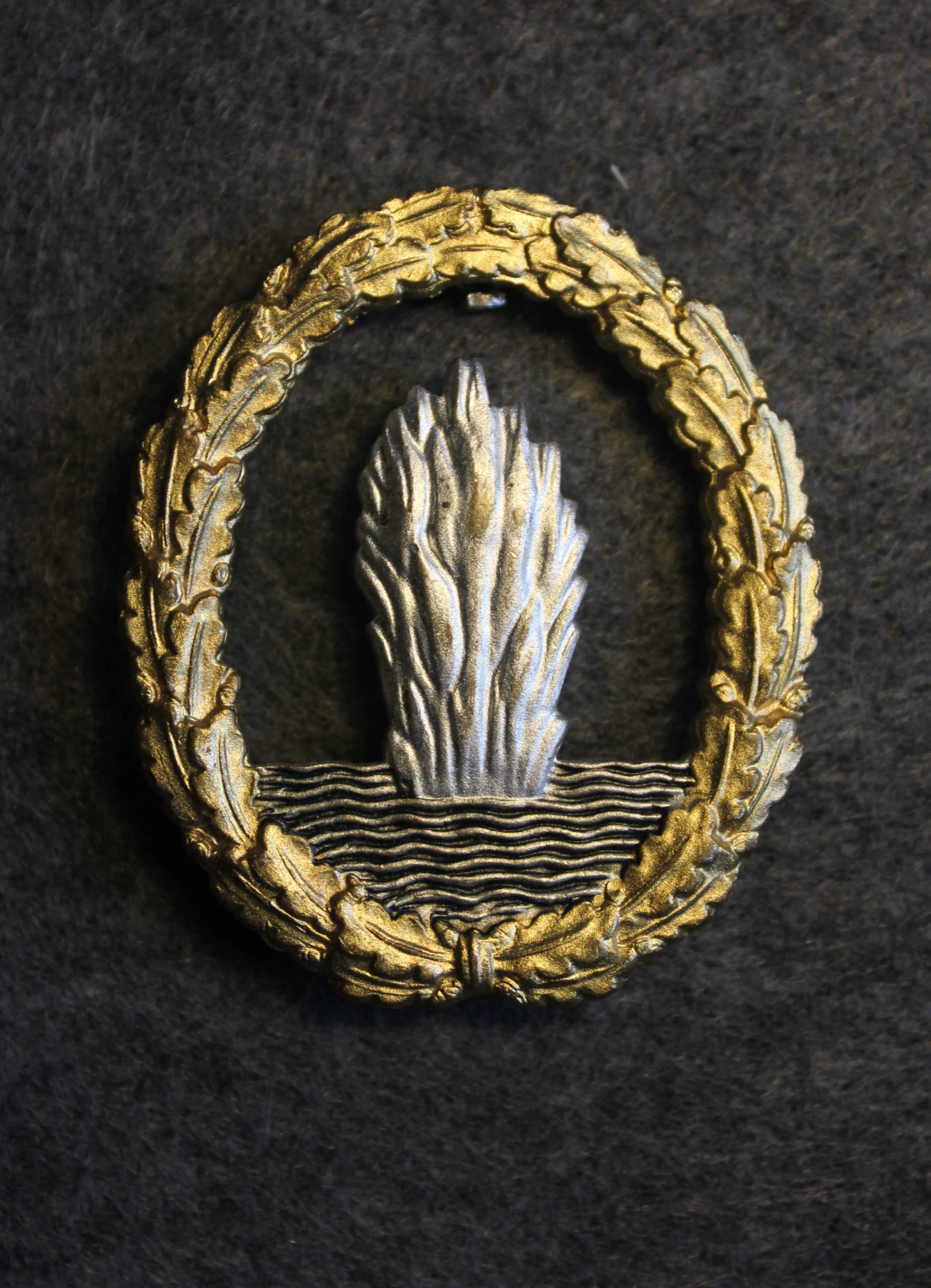|
Ernst Lucht
Ernst Lucht (27 February 1896 – 2 November 1975) was a German admiral during World War II. He was a recipient of the Knight's Cross of the Iron Cross of Nazi Germany. Awards * Iron Cross (1914) 2nd Class (1915) * Clasp to the Iron Cross (1939) ** 2nd Class (17 December 1941) * Iron Cross (1939) ** 1st Class (5 September 1943) * Silesian Eagle 2nd Class (10 October 1919) * Honour Cross of the World War 1914/1918 (30 January 1935) * Wehrmacht Long Service Award 4th to 1st Class (15 September 1939) * War Merit Cross 2nd Class with Swords (30 January 1941) & 1st Class (20 April 1942) * Minesweeper War Badge (6 December 1941) * German Cross in Gold on 9 November 1944 as '' Konteradmiral'' and ''Befehlshaber der Sicherung der Nordsee'' (Commander-in-Chief of the security of the North Sea) * Knight's Cross of the Iron Cross The Knight's Cross of the Iron Cross (german: Ritterkreuz des Eisernen Kreuzes), or simply the Knight's Cross (), and its variants, were the highest aw ... [...More Info...] [...Related Items...] OR: [Wikipedia] [Google] [Baidu] |
Süderende
Süderende ( Fering: ''Söleraanj'', da, Syderende) is a municipality on the island of Föhr in the district of Nordfriesland, in Schleswig-Holstein, Germany. History The place used to belong to Oldsum, being its southern edge. After Denmark's loss of Schleswig to Prussia in 1864 and the subsequent municipal reformation when Prussia eventually annexed Schleswig-Holstein in 1867, Süderende became independent. In the 17th century a private navigation school was established in Süderende by pastor Richardus Petri which was the first of its kind on the island. It improved the situation of the seafaring population considerably and soon other navigators opened own schools across Föhr. Although Petri lead the Süderende school successfully for many years he never sailed to sea himself. A census in 1787 showed that Süderende had 122 inhabitants, 27 of whom were seafarers. Language The common language among the locals is Fering. The language is being kept alive by being passed on t ... [...More Info...] [...Related Items...] OR: [Wikipedia] [Google] [Baidu] |
Minesweeper War Badge
The Minesweeper War Badge or Minesweepers, Sub-Chasers and Escort-Vessel War Badge () was a World War II German military decoration awarded to Kriegsmarine members for service on minesweepers vessels. The award was instituted on 31 August 1940 by Grand Admiral Erich Raeder. It was first awarded on 28 November 1940. Design The medal, designed by Otto Placzek of Berlin, consists of an outer laurel wreath of oak leaves with the national emblem of an eagle clutching a swastika (both golden coloured) at its apex. The central area features a representation of a sea mine exploding. The medal was first produced in bronze and later in zinc. Inferior quality late-war versions can appear a dull gray as the gold gilt was known to wear off. The medal was worn on the lower part of the left breast pocket of the naval service tunic, underneath the 1st class Iron Cross if awarded, or equivalent grade award. Criteria for award Award of this medal could derive from: * The candidate had completed ... [...More Info...] [...Related Items...] OR: [Wikipedia] [Google] [Baidu] |
Reichsmarine Personnel
The ''Reichsmarine'' ( en, Realm Navy) was the name of the German Navy during the Weimar Republic and first two years of Nazi Germany. It was the naval branch of the ''Reichswehr'', existing from 1919 to 1935. In 1935, it became known as the ''Kriegsmarine'' (War Navy), a branch of the ''Wehrmacht''; a change implemented by Adolf Hitler. Many of the administrative and organizational tenets of the ''Reichsmarine'' were then carried over into the organization of the ''Kriegsmarine''. ''Vorläufige Reichsmarine'' The ''Vorläufige Reichsmarine'' ( en, Provisional Realm Navy) was formed after the end of World War I from the Imperial German Navy. The provisions of the Treaty of Versailles restricted the German Navy to 15,000 men and no submarines, while the fleet was limited to six pre-dreadnought battleships, six light cruisers, twelve destroyers, and twelve torpedo boats. Replacements for the outdated battleships were restricted to a maximum size of 10,000 tons. ''Reichsmarine'' T ... [...More Info...] [...Related Items...] OR: [Wikipedia] [Google] [Baidu] |
Imperial German Navy Personnel Of World War I
Imperial is that which relates to an empire, emperor, or imperialism. Imperial or The Imperial may also refer to: Places United States * Imperial, California * Imperial, Missouri * Imperial, Nebraska * Imperial, Pennsylvania * Imperial, Texas * Imperial, West Virginia * Imperial, Virginia * Imperial County, California * Imperial Valley, California * Imperial Beach, California Elsewhere * Imperial (Madrid), an administrative neighborhood in Spain * Imperial, Saskatchewan, a town in Canada Buildings * Imperial Apartments, a building in Brooklyn, New York * Imperial City, Huế, a palace in Huế, Vietnam * Imperial Palace (other) * Imperial Towers, a group of lighthouses on Lake Huron, Canada * The Imperial (Mumbai), a skyscraper apartment complex in India Animals and plants * ''Cheritra'' or imperial, a genus of butterfly Architecture, design, and fashion * Imperial, a luggage case for the top of a coach * Imperial, the top, roof or second-storey compartment of a coa ... [...More Info...] [...Related Items...] OR: [Wikipedia] [Google] [Baidu] |
Officers Crosses Of The Order Of Merit Of The Federal Republic Of Germany
An officer is a person who has a position of authority in a hierarchical organization. The term derives from Old French ''oficier'' "officer, official" (early 14c., Modern French ''officier''), from Medieval Latin ''officiarius'' "an officer," from Latin ''officium'' "a service, a duty" the late Latin from ''officiarius'', meaning "official." Examples Ceremonial and other contexts *Officer, and/or Grand Officer, are both a grade, class, or rank of within certain chivalric orders and orders of merit, e.g. Legion of Honour (France), Order of the Holy Sepulchre (Holy See), Order of the British Empire ( UK), Order of Leopold (Belgium) *Great Officer of State *Merchant marine officer or licensed mariner *Officer of arms * Officer in The Salvation Army, and other state decorations Corporations * Bank officer *Corporate officer, a corporate title **Chief executive officer (CEO) **Chief financial officer (CFO) **Chief operating officer (COO) *Executive officer Education *Chief academic ... [...More Info...] [...Related Items...] OR: [Wikipedia] [Google] [Baidu] |
Counter Admirals Of The Kriegsmarine
Counter may refer to: Mathematics and computing * Counter machine, a subclass of register machines * Counter (digital), an electronic device, mechanical device, or computer program for counting * Loop counter, the variable that controls the iterations of a loop * Jeton, a reckoning counter used on reckoning boards for calculations * Mechanical counter, a digital counter using mechanical components * Tally counter, a mechanical counting device * Web counter, a counter that counts the number of visits to a web page * Project COUNTER, a standard for reporting usage statistics of electronic resources Games and sport * Counter (board wargames), a playing piece used in board wargames * Counter run, an offensive play in American football * Counter turn, an element in figure skating * Counter (collectible card games), a small item used to represent certain objects or conditions in a collectible card game * Jones Counter, measures distance bicycles travel Linguistics and typography * Count ... [...More Info...] [...Related Items...] OR: [Wikipedia] [Google] [Baidu] |
Military Personnel From The Province Of Schleswig-Holstein
A military, also known collectively as armed forces, is a heavily armed, highly organized force primarily intended for warfare. It is typically authorized and maintained by a sovereign state, with its members identifiable by their distinct military uniform. It may consist of one or more military branches such as an army, navy, air force, space force, marines, or coast guard. The main task of the military is usually defined as defence of the state and its interests against external armed threats. In broad usage, the terms ''armed forces'' and ''military'' are often treated as synonymous, although in technical usage a distinction is sometimes made in which a country's armed forces may include both its military and other paramilitary forces. There are various forms of irregular military forces, not belonging to a recognized state; though they share many attributes with regular military forces, they are less often referred to as simply ''military''. A nation's military may ... [...More Info...] [...Related Items...] OR: [Wikipedia] [Google] [Baidu] |
People From Nordfriesland
A person ( : people) is a being that has certain capacities or attributes such as reason, morality, consciousness or self-consciousness, and being a part of a culturally established form of social relations such as kinship, ownership of property, or legal responsibility. The defining features of personhood and, consequently, what makes a person count as a person, differ widely among cultures and contexts. In addition to the question of personhood, of what makes a being count as a person to begin with, there are further questions about personal identity and self: both about what makes any particular person that particular person instead of another, and about what makes a person at one time the same person as they were or will be at another time despite any intervening changes. The plural form "people" is often used to refer to an entire nation or ethnic group (as in "a people"), and this was the original meaning of the word; it subsequently acquired its use as a plural form of per ... [...More Info...] [...Related Items...] OR: [Wikipedia] [Google] [Baidu] |
1975 Deaths
It was also declared the ''International Women's Year'' by the United Nations and the European Architectural Heritage Year by the Council of Europe. Events January * January 1 - Watergate scandal (United States): John N. Mitchell, H. R. Haldeman and John Ehrlichman are found guilty of the Watergate cover-up. * January 2 ** The Federal Rules of Evidence are approved by the United States Congress. ** Bangladesh revolutionary leader Siraj Sikder is killed by police while in custody. ** A bomb blast at Samastipur, Bihar, India, fatally wounds Lalit Narayan Mishra, Minister of Railways. * January 5 – Tasman Bridge disaster: The Tasman Bridge in Hobart, Tasmania, Australia, is struck by the bulk ore carrier , killing 12 people. * January 7 – OPEC agrees to raise crude oil prices by 10%. * January 10–February 9 – The flight of ''Soyuz 17'' with the crew of Georgy Grechko and Aleksei Gubarev aboard the ''Salyut 4'' space station. * January 15 – Alvor Agreement: Portuga ... [...More Info...] [...Related Items...] OR: [Wikipedia] [Google] [Baidu] |


_1938.jpg)
